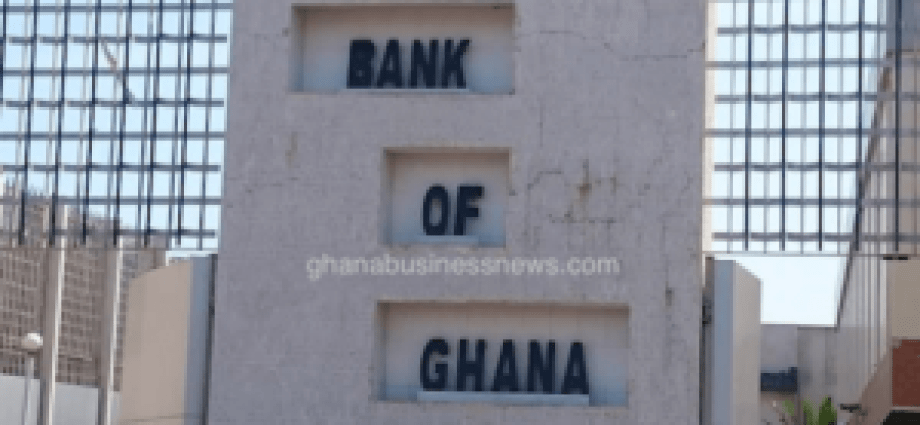“`html
Bank of Ghana Raises Policy Rate to 28% Amid Inflation Concerns

Monetary Policy Tightening Measures Announced
The Monetary Policy Committee (MPC) of the Bank of Ghana has increased the policy rate by 100 basis points to 28% in a majority decision aimed at combating persistent inflation. The central bank is implementing additional measures to strengthen liquidity management and improve monetary policy transmission.
Key Policy Adjustments
Speaking at the 23rd MPC press briefing in Accra, Governor Dr. Johnson Asiama outlined several critical measures:
- Introduction of a 273-day instrument to enhance sterilization tools
- Enhanced monitoring of banks’ Net Open Positions for compliance
- Review of the Cash Reserve Ratio (CRR) structure to assess liquidity impact
Economic Context and Outlook
The MPC noted significant global economic challenges, including trade uncertainties and potential negative effects from U.S. tariff policies. However, domestic indicators show positive signs:
- Bank’s Composite Index of Economic Activity (CIEA) rebounded
- Ghana Purchasing Managers’ Index exceeded the 50-benchmark in February
- Improved business and consumer confidence
- Recovering private sector credit growth
External Sector Strength
The external sector remains robust due to:
- Increased gold exports through the Gold-for-Reserve program
- Growing remittance inflows
- Continued IMF program implementation
Banking Sector Stability and Risks
While the banking sector remains broadly stable, concerns persist:
- Elevated credit risks with rising non-performing loan ratios
- Improved solvency, liquidity, efficiency, and profitability indicators
- Ongoing monitoring of undercapitalized banks
Inflation and Fiscal Challenges
The MPC identified several pressing concerns:
- Headline inflation remains elevated despite marginal declines
- Both food and non-food inflation exceed expectations
- Core inflation remains persistently high
- Expansionary fiscal stance creating liquidity overhang
Policy Reset Required
Governor Asiama emphasized the need for:
- Tight monetary policy stance
- Strong liquidity management
- Commitment to 2025 fiscal consolidation budget
“To restore price stability going forward would require a tight monetary policy stance, strong liquidity management, and commitment to the 2025 budget which seeks to reset the fiscal consolidation process,” Dr. Asiama stated.
Source: Ghana News Agency
“`


